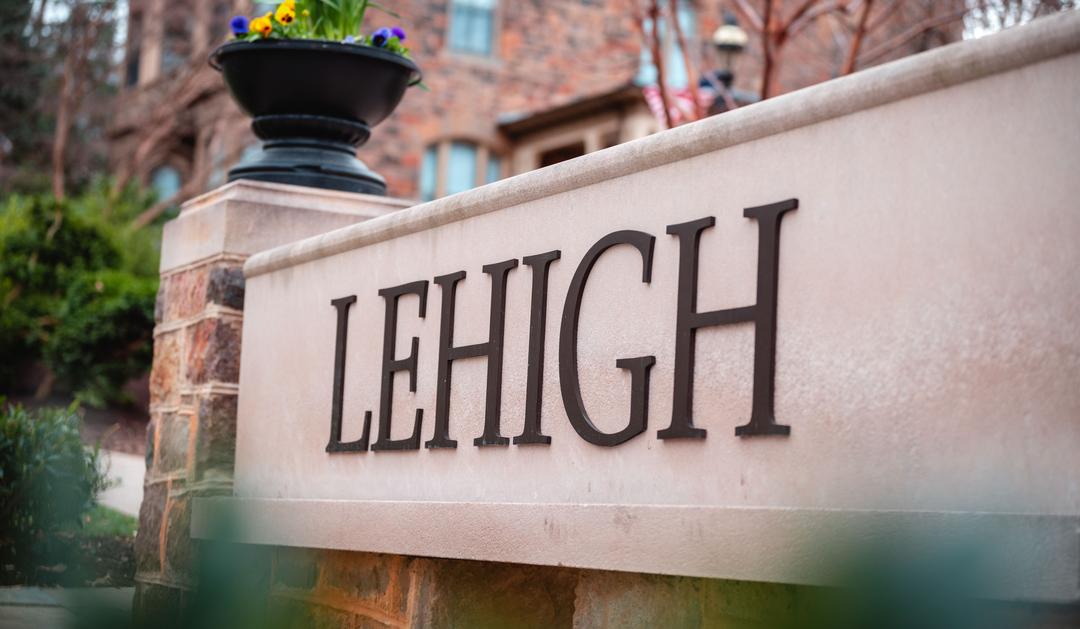As calls for research proposals become increasingly interdisciplinary and regulatory changes result in more complex compliance requirements, assistance with grant-seeking and award management among researchers is more important than ever. There is a rapidly growing national need for professionals trained in administrative research roles. Workforce development in this area is increasingly recognized as a priority by funding agencies and universities.
Continuing to grow research activity is a top priority of Lehigh’s administration. Lehigh’s strategic plan, Inspiring the Future Makers, sets the concrete goal of doubling research activity and number of Ph.D. graduates over the next 10 years, as well as rethinking doctoral education.
“Professional research administration staff in universities are an ever more vital component of the infrastructure that supports the nation’s research enterprise,” says Anand Jagota, vice provost for research. “As part of our strategic plan, we are committed to rethinking doctoral education with greater attention paid to preparing students for future work outside of the faculty.”
NSF Funds Pathways for Graduate Students
Lehigh’s new Pathways for Graduate Students pilot training model is designed to develop doctoral students into the next generation of research enterprise staff and future leadership.
The program will combine education and direct work experience in research development, integrity and compliance, and administration. Funded by a grant from the National Science Foundation, the Pathways program will allow Lehigh to develop best practices, build a replicable model for universities with doctoral programs, and grow the research enterprise workforce locally.
“The Pathways program promises to make significant contributions to our broader strategic plan initiative to transform Ph.D. education to be student-centered and provide specific training relevant to the full range of Ph.D. career pathways,” Jagota says. “ We see the Pathways training program as an important piece of this effort. It will serve as a model for innovative approaches to doctoral education, internally at Lehigh and externally for similarly mid-sized research institutions nationally.”
The first cohort is slated for Fall 2024.
“There is a clear need for specialized and generalist role development within the research enterprise workforce that we seek to address with this program, “ says Kate Bullard, principal Investigator, director, research development, Office of the Vice Provost for Research. “Participating doctoral students will be exposed to rewarding research careers designed to augment a pipeline of trained research administration staff with the necessary skills to step into both complex research institutions and primarily undergraduate universities. These types of employees are highly sought after by research institutions, hospitals, colleges and universities.”
Lehigh Serves as an Ideal Incubator
Lehigh is well positioned to incubate a program to train and mentor doctoral students for careers in the research enterprise.
“Lehigh is the ideal size and at the ideal time in our institution’s history to lead regional expansion of research enterprise capacity,” says Jagota.
Lehigh is classified by the Carnegie Foundation as an R2, high-research activity, doctoral university, with approximately 750 doctoral students in programs across five colleges. Lehigh’s robust and growing research ecosystem with separate divisions for Research Development, Sponsored Research and Programs, Research Compliance, and Technology Transfer provides the necessary infrastructure needed to support the Pathways training program. Additional research enterprise ecosystem support (e.g., grant writing, budget management) is situated at more local levels, particularly in the colleges and three recently-created Interdisciplinary Research Institutes.
To grow research activity at Lehigh, the Office of the Vice Provost for Research (OVPR) plans to expand its capacity to support all components of the research process, including increasing research administration staffing across the campus. Ongoing initiatives include increasing research development and technology transfer operations, as well as developing new expertise in research analytics.
Currently, the central OVPR team comprises 28 personnel. Bringing graduate assistants into the research support enterprise through the proposed Pathways training program will significantly boost internal capacity at a critical phase in Lehigh’s research growth.
Two Phase, Two Tracks
Pathways is aimed at senior doctoral students, giving them a high-level background in, and experience with, professional university research support. Trainees will spend the first phase of the Pathways program as graduate assistants for at least two semesters in the offices that support research.
“All students will receive exposure to all aspects of the research enterprise, including research development, administration, integrity and compliance, and technology transfer,” says Bullard. “They will then select one or two work areas to specialize in and complete an in-depth placement.”
The proposing team includes Cynthia Kane, assistant vice provost for research and director of sponsored programs; Naomi Coll, director of research policy and compliance; and Rick Smith, director of technology transfer.
Bullard pointed out that regardless of placement, each trainee will receive an overview of the work of research staff with particular attention to diversity, equity, inclusion and accessibility in each area of work.
“The goal of the graduate assistantships is to help trainees identify areas of interest for future careers, gain broad knowledge about the higher education research enterprise, and build specialized skills in one or two particular areas,” says Bullard.
Phase Two Offers Two Tracks Within the Program
During the second phase of the program, students will complete an internship at an external research institution in the Lehigh Valley region.
“These placements are designed to benefit these universities by providing additional research support at institutions that seek to expand research capacity but do not have the kind of infrastructure we have at Lehigh, “ says Dominic Packer, associate vice provost for research. “Pathways trainees will be uniquely positioned to add value to these institutions during the internship and the experiences they gain will help to prepare them for careers in research administration roles.”
Packer explained the importance of recognizing that different students and potential internship sites have distinct needs and timelines for their research efforts. So, Pathways has been designed to offer two tracks within the program: The one-year track features an eight-month graduate assistantship at Lehigh followed by a four-month summer internship at another regional institution where trainees can experience the research needs and practices of that institution.
In the two-year track, students will complete a full academic year as graduate assistants in the various research administration offices at Lehigh followed by a second full year as interns at another regional institution.
Story by Amy Bilello





